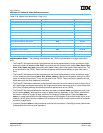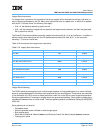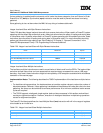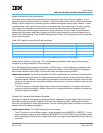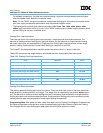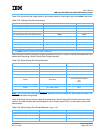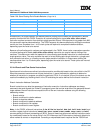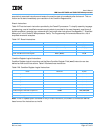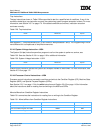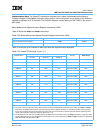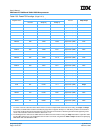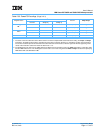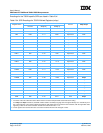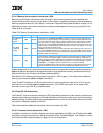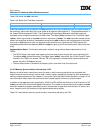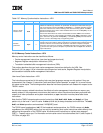
User’s Manual
IBM PowerPC 750GX and 750GL RISC Microprocessor
Programming Model
Page 108 of 377
gx_02.fm.(1.2)
March 27, 2006
Trap Instructions
The trap instructions shown in Table 2-29 are provided to test for a specified set of conditions. If any of the
conditions tested by a trap instruction are met, the system trap type of program exception is taken. For more
information, see Section 4.5.7 on page 170. If the tested conditions are not met, instruction execution
continues normally.
See Appendix F, “Simplified Mnemonics” in the PowerPC Microprocessor Family: The Programming Environ-
ments Manual for a complete set of simplified mnemonics.
2.3.4.5 System Linkage Instruction—UISA
The System Call (sc) instruction permits a program to call on the system to perform a service; see
Table 2-30. See also Section 2.3.6.1 on page 118 for additional information.
Executing this instruction causes the system-call exception handler to be evoked. For more information, see
Section 4.5.10 on page 171.
2.3.4.6 Processor Control Instructions—UISA
Processor control instructions are used to read from and write to the Condition Register (CR), Machine State
Register (MSR), and Special-Purpose Registers (SPRs).
See Section 2.3.5.1 on page 113 for the mftb instruction and Section 2.3.6.2 on page 118 for information
about the instructions used for reading from and writing to the MSR and SPRs.
Move-to/Move-from Condition Register Instructions
Table 2-31 summarizes the instructions for reading from or writing to the Condition Register.
Table 2-29. Trap Instructions
Name Mnemonic Syntax
Trap Word Immediate twi TO,rA,SIMM
Trap Word tw TO,rA,rB
Table 2-30. System Linkage Instruction—UISA
Name Mnemonic Syntax
System Call sc —
Table 2-31. Move-to/Move-from Condition Register Instructions
Name Mnemonic Syntax
Move-to Condition Register Fields mtcrf CRM,rS
Move-to Condition Register from XER mcrxr crfD
Move-from Condition Register mfcr rD



